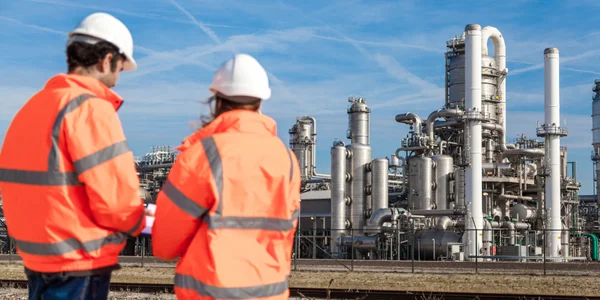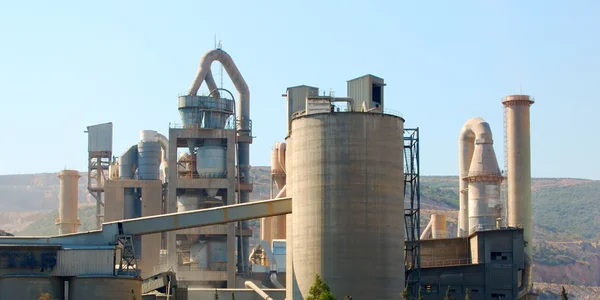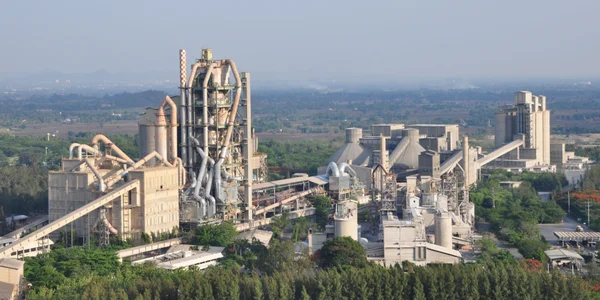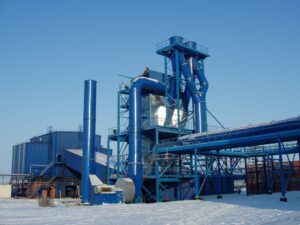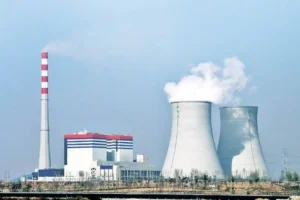Ofisler
MERKEZ OFİS

Almanya
-
Yoğun Filtre Himenviro Technologies GmbH
Neustraße 45 - 49, 42553, Velbert, Deutschland/Almanya - +49 20534200990
BÖLGE OFİSİ

Büyük Britanya
-
Yoğun Filtre Himenviro UK Limited
47, Bath Street WS13BX, Wallsall West Midlands, Büyük Britanya - +44 1922 628893
BÖLGE OFİSİ

Birleşik Arap Emirlikleri
-
Yoğun Filtre Himenviro Technologies FZE – LLC
İş Merkezi, Sharjah Yayıncılık Şehri Serbest Bölgesi, Sharjah, BAE - +971-556074697
BÖLGE OFİSİ

Hindistan
-
Yoğun Filtre Himenviro Private Limited
D-247/11, Sektör-63, Noida - 201301, Uttar Pradesh, Hindistan - +91-120-4642-500
BÖLGE OFİSİ

Hindistan
-
Yoğun Filtre Himenviro Private Limited
D-247/11, Sektör-63, Noida - 201301, Uttar Pradesh, Hindistan - +91-120-4642-500
BÖLGE OFİSİ

Hindistan
-
Yoğun Filtre Himenviro Private Limited
D-247/11, Sektör-63, Noida - 201301, Uttar Pradesh, Hindistan - +91-120-4642-500
Steel & Metal Air and Dust Filtration Solutions
The steel and metal industries generate intense levels of airborne pollutants, including fine dust, metal particles, and fumes, which, if uncontrolled, can lead to environmental contamination, health risks for workers, and equipment damage. Our air and dust filtration systems are tailored to handle these high-demand environments, capturing emissions from melting, smelting, casting, and finishing processes. Engineered to withstand high temperatures and particulate loads, our solutions improve air quality, enhance regulatory compliance, and protect workforce well-being, ensuring a cleaner, safer production environment.
Dust Filtration Process in the Steel & Metal Industry
Elektrik ark ocağı, inşaat çelikleri, yüksek kaliteli çelikler ve paslanmaz çeliklerAyrıca karbür ve sentetik kristallerin imalatında kullanılır.
Elektrik ark ocakları için toz giderme tesisleri, ark ocağının birincil atık gazlarını ve eritme, akış veya yükleme ve cüruf giderme sırasında oluşan ikincil atık gazları tamamen çıkarır ve temizler. Pan fırında, malzeme taşıma sırasında ve diğer bağlantılı tesislerde oluşan atık gazlar çıkarılır ve işlenir.

Tavan davlumbazı filtresi
EAF için filtre
- 1. Tavan kaputu
- 2. Tavan başlığı filtresi
- 3. Vantilatör
- 4. Baca
- 5. Elektrik ark ocağı
- 6. Su soğutmalı borular
- 7. Isı değiştirici
- 8. EAF için filtre
- 9. Vantilatör
- 10. Dönüştürücü
Gerekli özellikler
Filtre Başlığı PJM
Filtre Başlığı PJM
Applications for Steel & Metal Dust Control
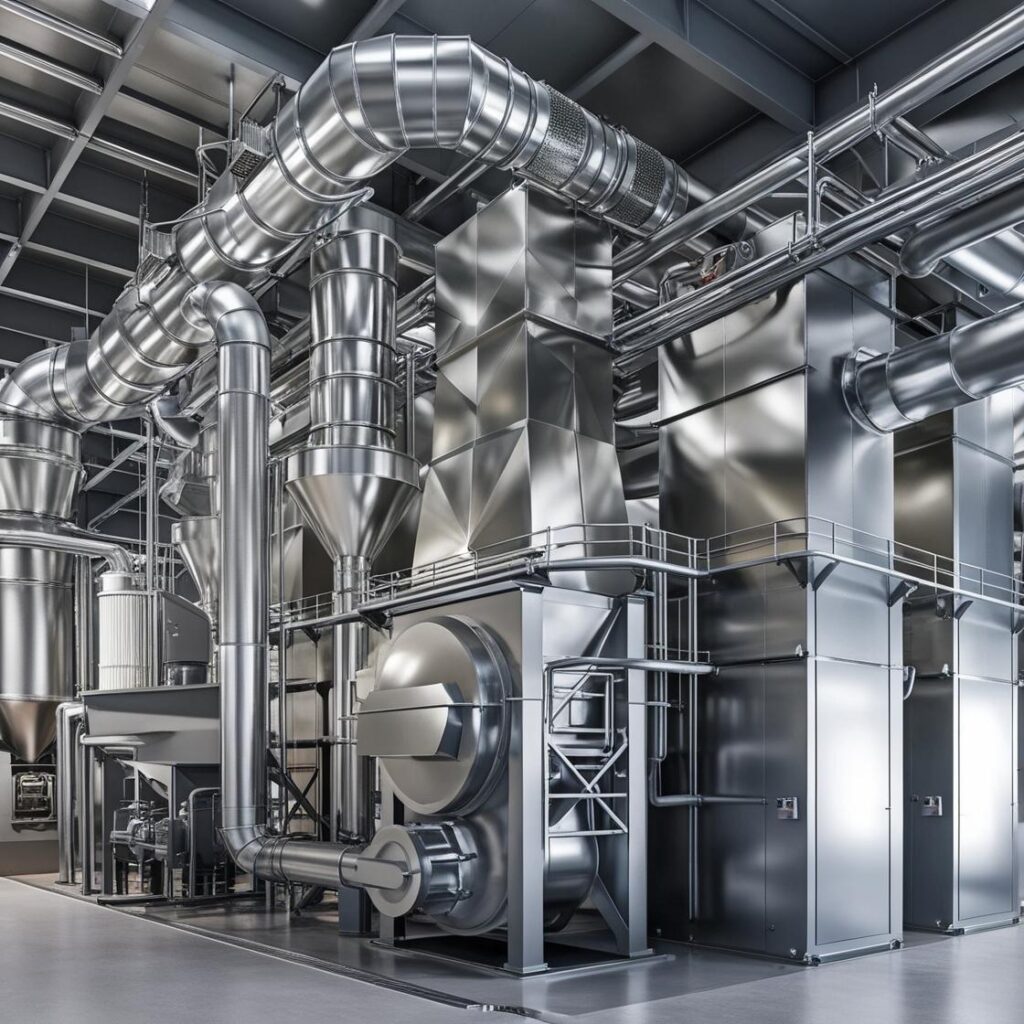
Controls dust and fumes released during smelting and melting, capturing hazardous particles generated in high-temperature furnaces.
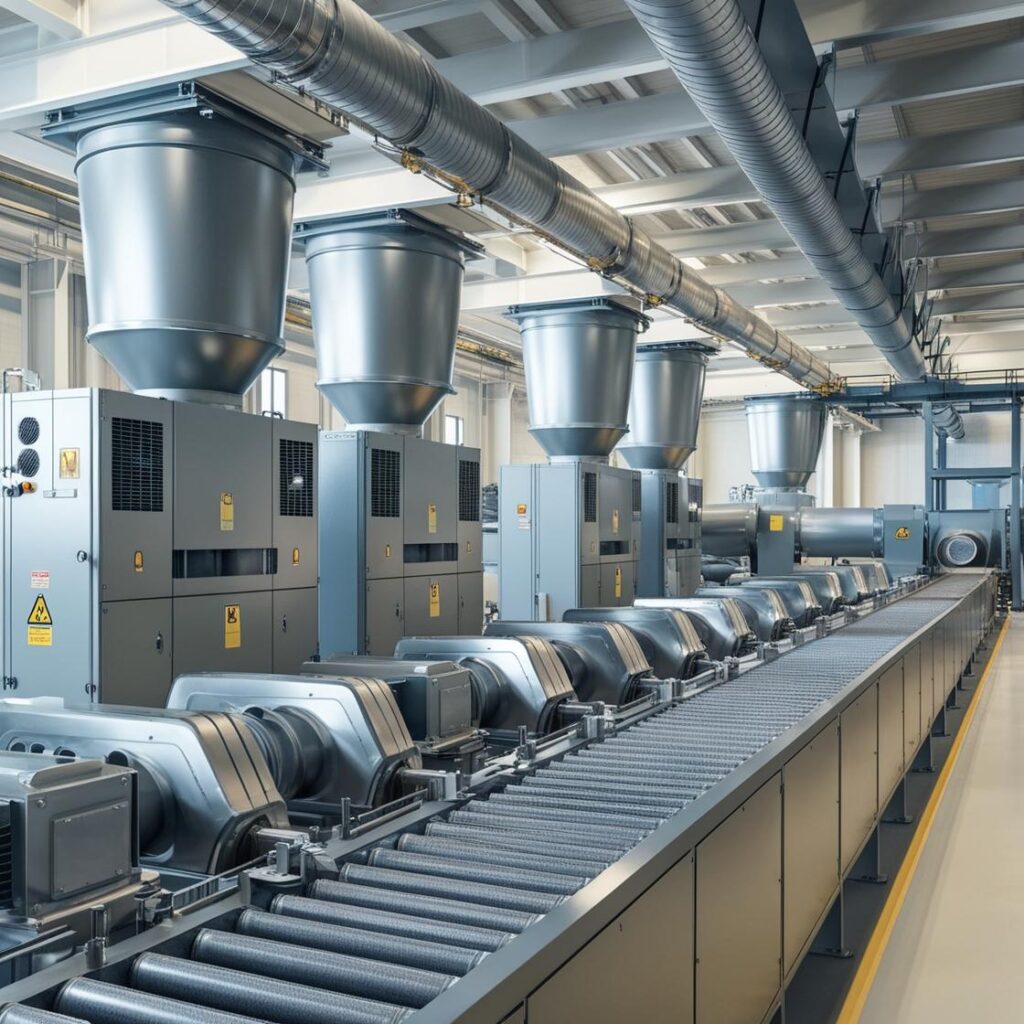
Reduces emissions from casting operations, capturing airborne particulates and metal fumes that can impact air quality.

Removes fine dust and metal shavings produced during grinding and polishing, preventing contaminants from affecting product quality and worker safety.
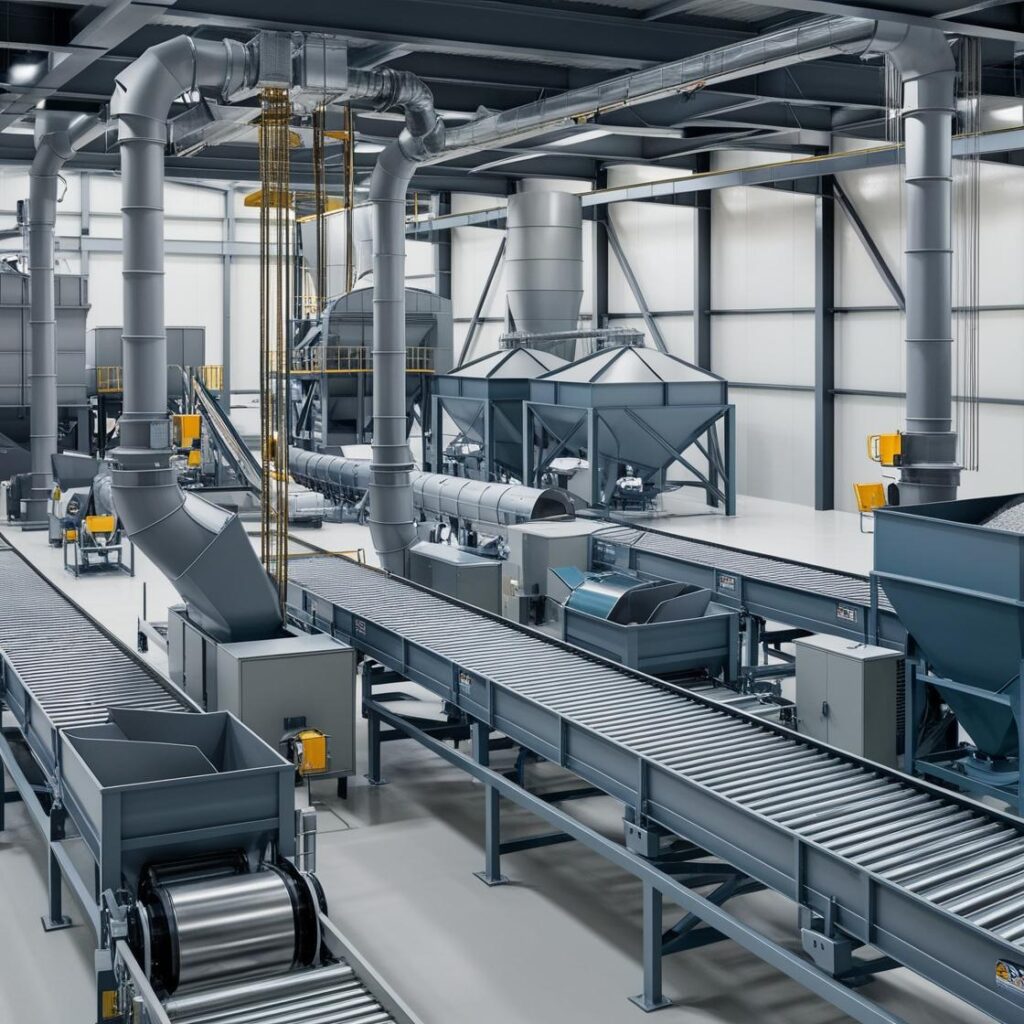
Controls dust generated during material handling, transport, and storage, minimizing particle release into the work environment.
Uzman Danışmanlığı için bizimle iletişime geçin
Diğer Hizmetlerimizi Keşfedin!
Sıkça Sorulan Sorular
In steel and metal processing, common filtration systems include baghouse filters, electrostatic precipitators (ESPs), wet scrubbers, and cyclone separators. Baghouse filters use fabric bags to capture dust particles, while ESPs use electrical charges to remove particulates from exhaust gases. Wet scrubbers remove pollutants by introducing a scrubbing liquid, and cyclone separators use centrifugal force to separate dust from gas streams. The choice of system depends on factors such as particle size, gas temperature, and specific process requirements.
Filtration systems enhance air quality by effectively capturing and removing particulate matter and pollutants generated during metal processing. By reducing emissions, these systems help facilities comply with environmental regulations and standards, thereby minimizing their environmental impact and promoting a safer workplace.
ESPs offer high efficiency in removing fine particles, achieving up to 99% efficiency, which is particularly beneficial in steel manufacturing where flue gas emissions often contain fine dust particles. They are capable of handling large gas volumes and operate effectively at high temperatures. Additionally, ESPs have relatively low pressure drops, resulting in lower energy consumption during operation.

